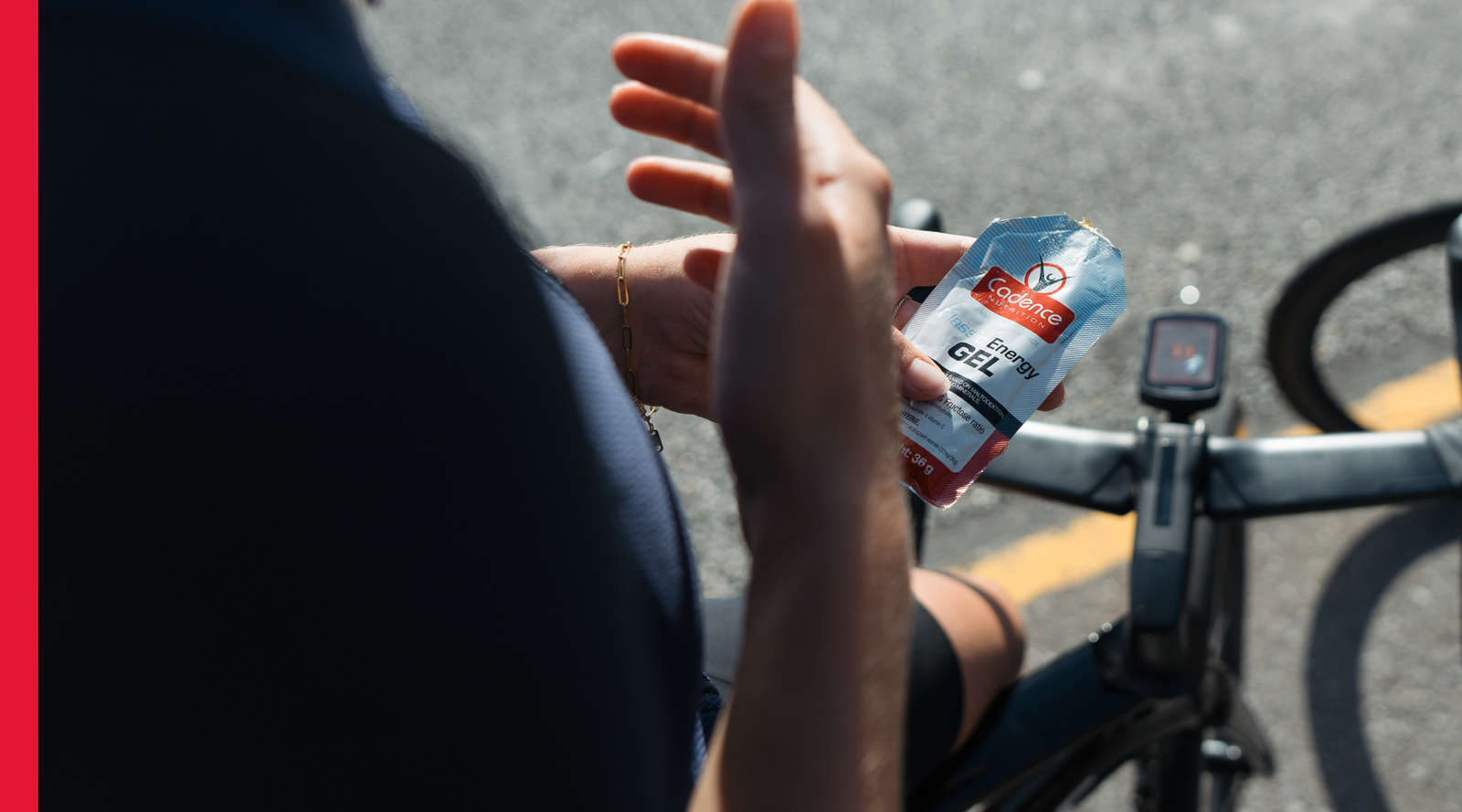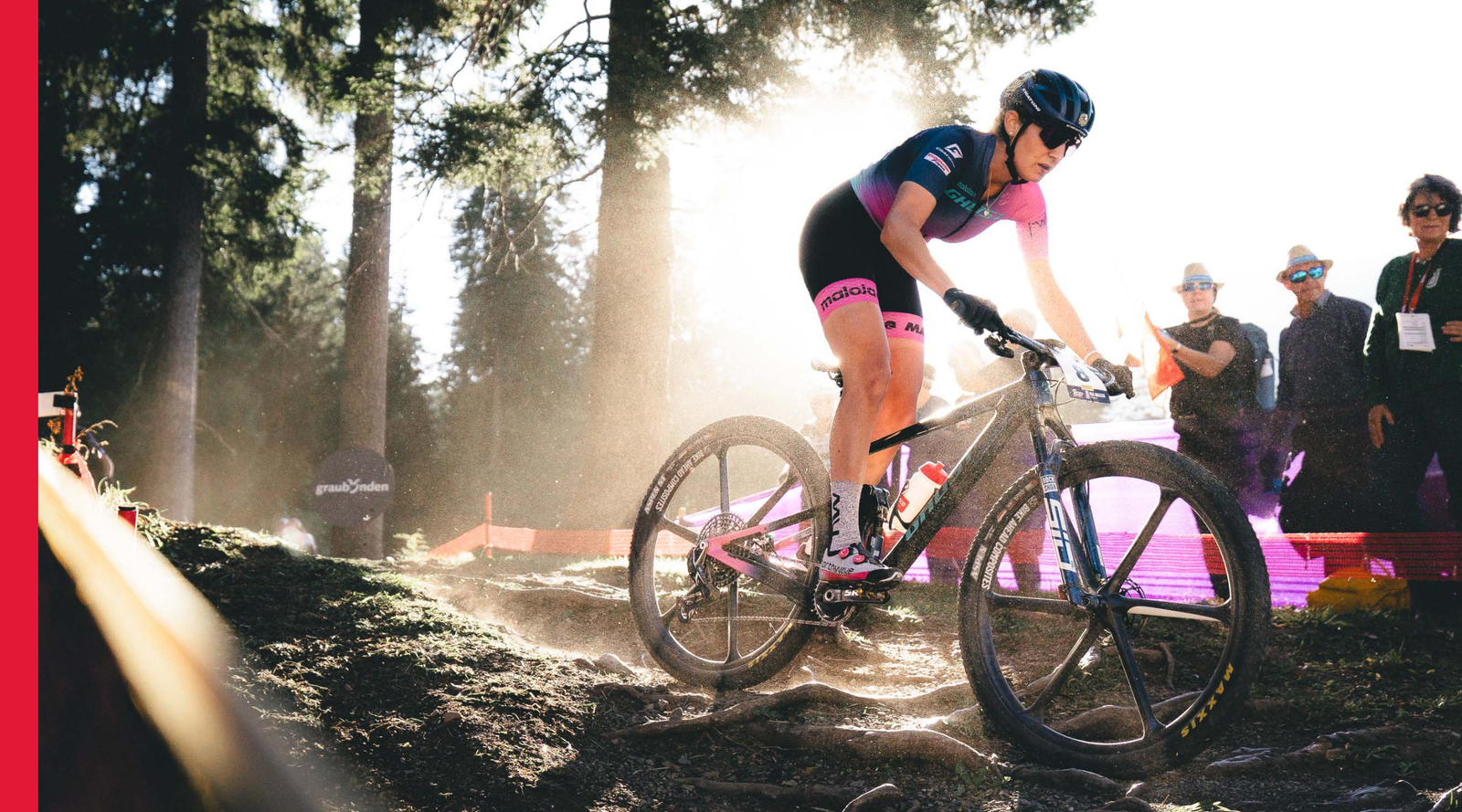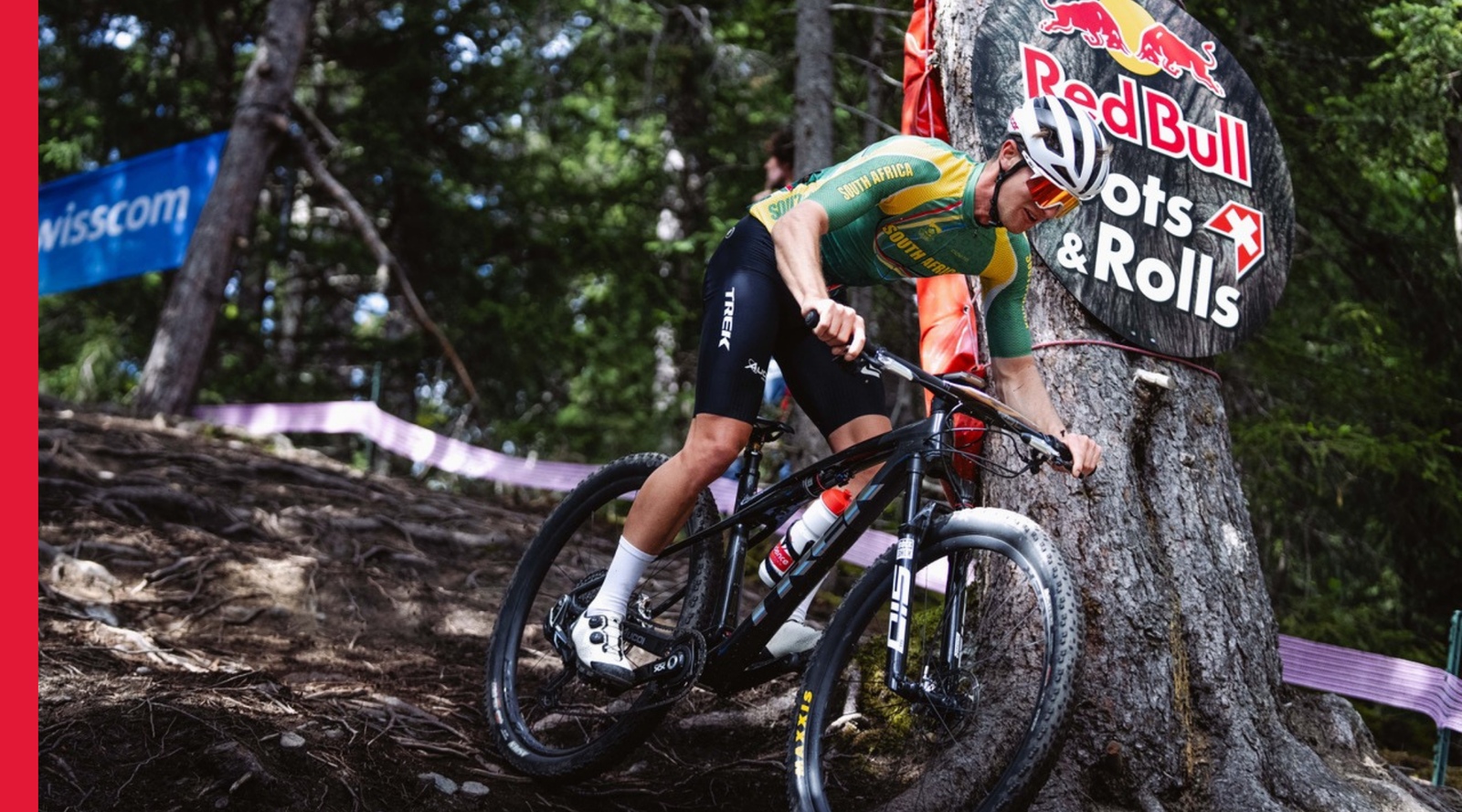Why the 2:1 Carb ratio matters in endurance nutrition
For endurance athletes, nutrition isn’t just about calories - it’s about efficient energy delivery, gut comfort and performance over time. One area where sports science has delivered clear, practical insight is in the use of multiple transportable carbohydrates - specifically, the combination of maltodextrin and fructose in a 2:1 ratio.
(Read more about the scientific studies related to this)
This ratio is used in products like Cadence CarboFuel, and it’s not marketing hype - it’s backed by solid research. Here’s what you need to know.
The challenge of maximising carb absorption during exercise:
During prolonged endurance exercise, athletes typically aim to consume 60–90 grams of carbohydrates per hour to maintain energy levels and performance. But the body has limits.
When only glucose-based carbs (like glucose or maltodextrin) are consumed, absorption is limited to around 60 grams per hour. That’s because glucose is transported through the SGLT1 transporter in the small intestine - and this transporter has a saturation point.
To push past that ceiling, researchers began exploring combinations of carbohydrates that use different intestinal transporters.
The solution: Dual Carb Transport using maltodextrin + fructose
Fructose uses a separate transporter: GLUT5. By combining maltodextrin (a glucose polymer) with fructose, athletes can absorb more total carbohydrate per hour. The two types of carbs are absorbed through independent pathways, which means they don’t compete for uptake.
Why 2:1?
Research has found that a 2:1 ratio of maltodextrin to fructose is optimal for most endurance athletes (read more here). This ratio allows for:
- Higher total carbohydrate oxidation rates — up to 90g per hour
- Faster energy delivery during high-intensity or long-duration efforts
- Reduced gastrointestinal distress compared to using higher doses of glucose alone
What does this mean for your training/ racing?
The science translates well into practice. Fuels like Cadence CarboFuel, which use the 2:1 maltodextrin-to-fructose ratio, allow endurance athletes to:
- Consume more usable energy per hour
- Avoid gut distress common with overly concentrated glucose-based drinks
- Support consistent performance in long races or training sessions
It’s especially beneficial during ultra-endurance events, stage races or long training blocks where carbohydrate delivery becomes critical to performance and recovery.
The 2:1 ratio of maltodextrin to fructose isn’t a trend - it’s a well-established fuelling strategy backed by years of research. For endurance athletes looking to maximise energy intake without compromising gut comfort, this approach offers a practical, science-supported solution.
If your training consistently lasts over 2 hours, choosing a product with a 2:1 carb ratio may help you perform more efficiently and recover more effectively.
Also in Cadence Nutrition Blog

Fuel your 2025 Double Century with Cadence Nutrition
Taking on a Double Century is no small feat - but with the right fuelling plan, you can ride strong from start to finish. This guide breaks down how to aim for 60g carbs per hour, why the 2:1 carb ratio is key for endurance nutrition and how to recover properly so you’re ready for race day.

Dust. Drama. Determination. Ghost Factory Racing in Lenzerheide
The Ghost Factory Racing Team brought grit and determination to Lenzerheide. A weekend of chaos, adrenaline and moments of brilliance as the World Cup season builds towards its North American finale.

Massi Ambrosi breaks into the top 15 at his first U23 World Champs
Massi Ambrosi impresses at the 2025 UCI Mountain Bike XCO World Championships, finishing 15th in his first U23 race. Here’s how he tackled the course, fuelled his ride with Cadence Nutrition and reflected on representing South Africa on the world stage


